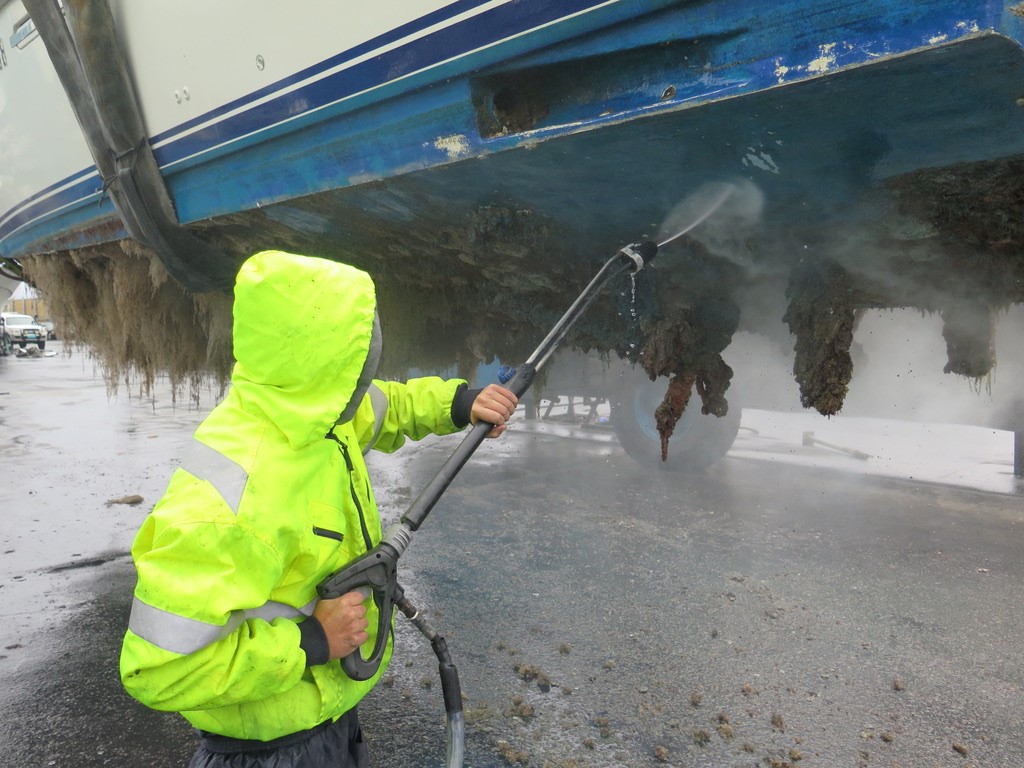Stop the spread of marine pests and disease
Thursday, 8 April 2021
OWN A BOAT? HELP STOP THE SPREAD OF MARINE PESTS AND DISEASE
Vessel owners are being urged to help play a role in stopping the spread of marine pests and disease through management of vessel biofouling and ballast water.
Biofouling and ballast water can introduce new marine pests and diseases to Australia, or spread pests established interstate to South Australian waters. More than 250 exotic marine organisms have been introduced into Australian waters by vessels of all types – from yachts to commercial ships – and up to 75 per cent of these are likely to have arrived as biofouling organisms attached to the external and internal surfaces of vessels.
Impact of marine pests and disease
Marine pests are usually highly adaptable, multiply rapidly, compete with native species and devastate the marine environment. They can also be hosts for infectious and notifiable diseases and are virtually impossible to eradicate once established.
Marine pests and diseases threaten the sustainability of South Australian coastal industries, commercial and recreational fishing, aquaculture, tourism and the health of the marine environment. It’s vital that all water users take action to minimise this threat.
How you can help
It is illegal to bring noxious or notifiable diseases into South Australia, or to release exotic species into our waters.
Vessel owners play an important role in helping prevent the spread of marine pest species and diseases by adopting good vessel cleaning and maintenance practices. It is important to follow the relevant guidelines and understand your obligations.
Effective vessel management includes:
- cleaning hulls regularly, particularly for vessels which remain in water
- regularly inspect and clean areas prone to biofouling (hull and niche areas such as sea chests, water intakes, docking strips)
- dry and maintain your equipment and remove entangled weed and organisms from ropes, anchors, chains etc.
- maintain your hull with anti-foulant coating in good condition; clean your hull before moving to another area of the state.
Keeping your vessel free of biofouling also provides other benefits, such as increased vessel performance and reduces costs through better fuel economy and extended life of gear.
Help play your part in protecting our marine environment.



